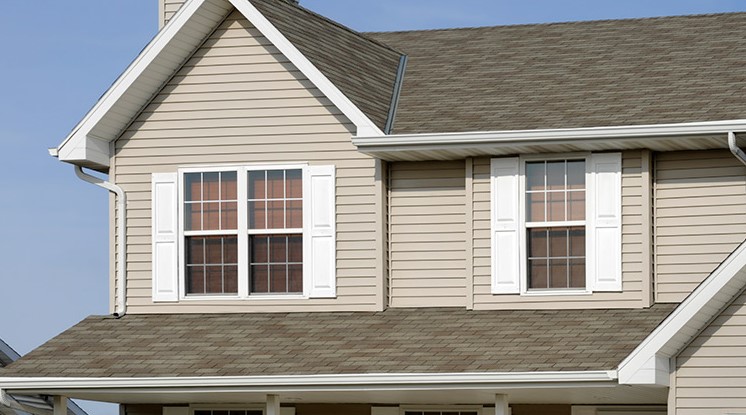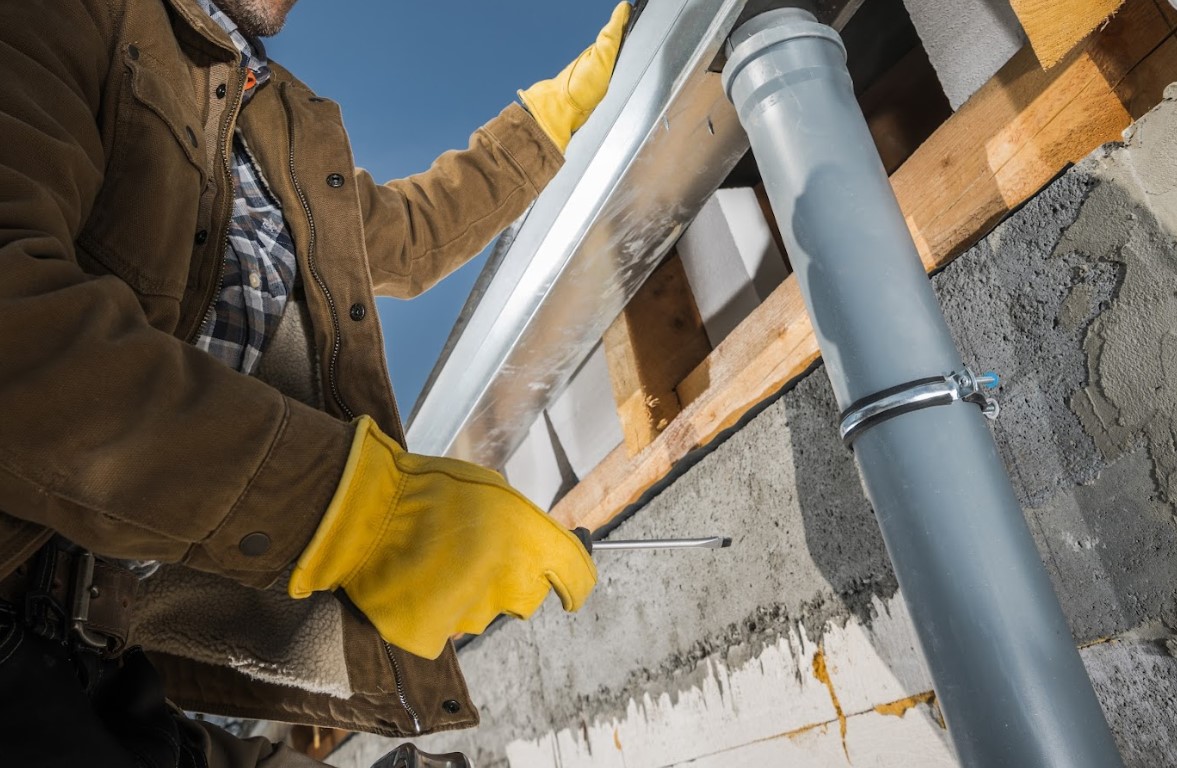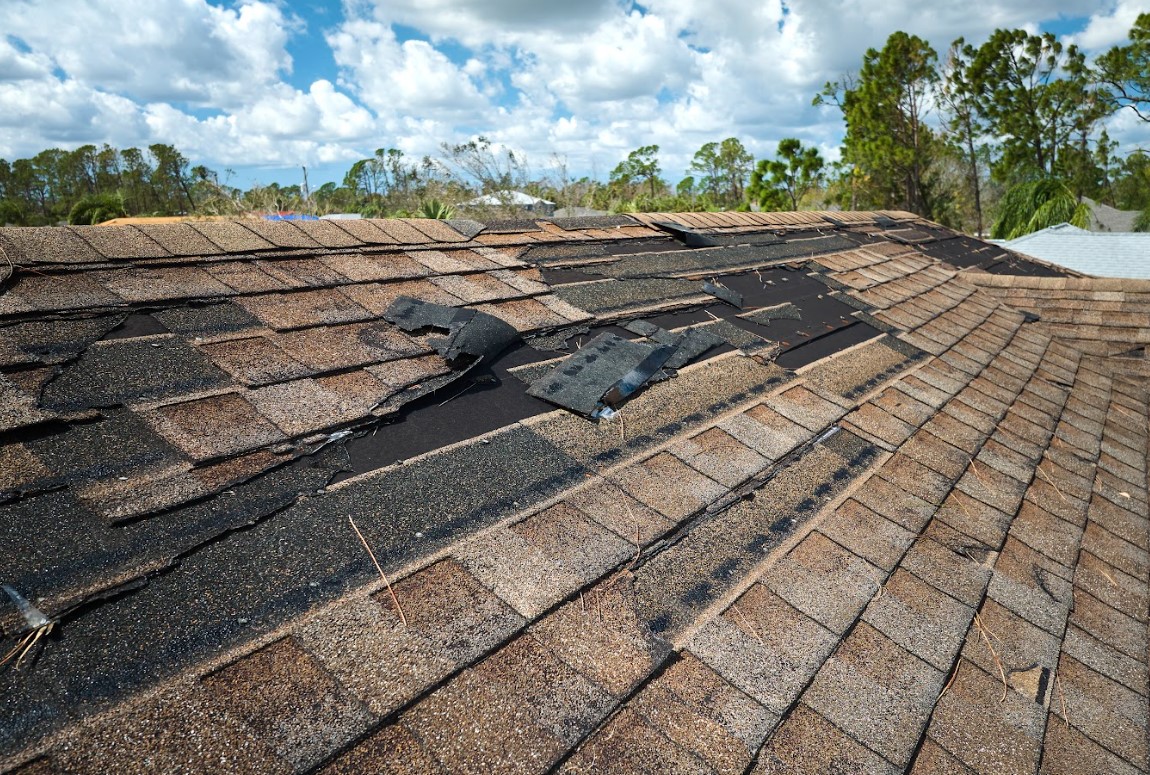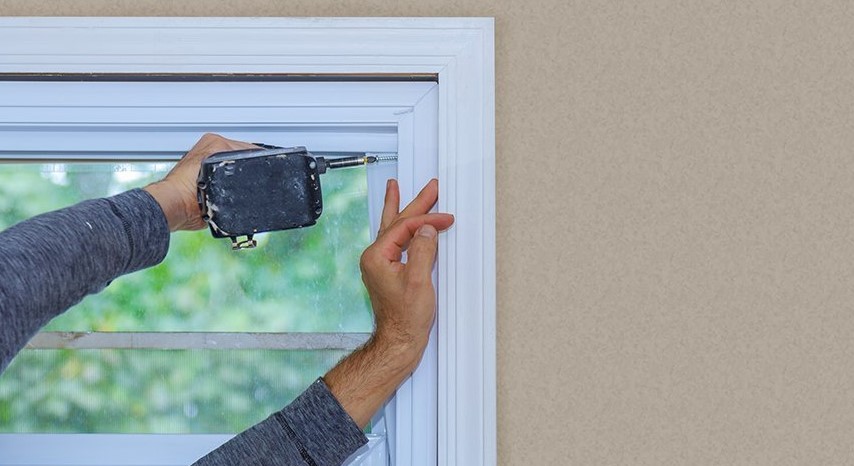Mold on Siding: Prevention, Identification, and Remediation
July 21, 2025
Written By
All Trades Restoration Services

Mold growth on home siding is a common issue for homeowners in the Midwest, where humidity, rainfall, and temperature fluctuations create the perfect environment for mold and mildew. Left unchecked, mold not only diminishes the curb appeal of your home but can also cause long-term damage to siding materials and pose health risks to your family.
At All Trades Restoration, we specialize in exterior home maintenance, including mold inspection, remediation, and preventive solutions for Missouri and Midwest homeowners. This guide explores how to prevent mold growth, identify early signs, and effectively remediate affected siding.
Why Mold Develops on Siding in the Midwest
Mold thrives in environments that are moist, shaded, and poorly ventilated. Several factors common to the Midwest make siding vulnerable:
- High humidity and rainfall: Missouri experiences wet springs and humid summers, creating moisture-prone conditions.
- Shade from trees or structures: Areas of siding that receive little sunlight remain damp longer, encouraging mold growth.
- Improper drainage: Gutters and downspouts that don’t direct water away from the home can cause siding to stay wet.
- Poor siding maintenance: Dirt, debris, and organic material accumulation provide nutrients for mold.
Understanding these conditions helps homeowners take proactive measures to prevent mold before it spreads.
Common Signs of Mold on Siding
Identifying mold early is crucial to prevent structural damage and health issues. Look for the following signs:
- Discoloration: Dark streaks, green or black spots, or white powdery residue on siding surfaces.
- Musty odor: Persistent damp or moldy smells near exterior walls.
- Surface deterioration: Wood siding may appear soft, warped, or rotting; vinyl and fiber cement can discolor or develop mildew streaks.
- Water stains: Persistent staining after rain may indicate water retention and mold growth.
Early detection allows for targeted remediation and prevents the problem from spreading to other areas of the home.
Preventing Mold on Siding
Preventive measures are the most effective way to protect your home’s exterior. Key steps include:
1. Maintain Proper Drainage
- Ensure gutters and downspouts direct water away from the foundation and siding.
- Consider adding extensions or splash blocks to prevent water pooling near walls.
2. Trim Trees and Vegetation
- Remove branches that overhang siding to reduce shade and moisture retention.
- Maintain a few feet of clearance between plants and the home to allow airflow.
3. Clean Siding Regularly
- Wash vinyl, wood, or fiber cement siding with a mild detergent or specialized siding cleaner.
- Pressure washing can remove dirt and algae but should be done carefully to avoid damaging surfaces.
4. Inspect and Repair
- Check for cracks, gaps, or loose panels that can trap moisture.
- Seal or repair damaged siding to prevent mold infiltration.
5. Consider Protective Coatings
- Anti-fungal or mold-resistant paints and sealants can provide an extra layer of protection for susceptible siding materials.
Remediating Mold on Siding
If mold has already developed, professional remediation is the safest and most effective approach. Steps include:
1. Inspection and Assessment
- Identify the extent of mold growth, including hidden areas behind siding or trim.
- Determine the type of siding and appropriate cleaning methods.
2. Cleaning and Treatment
- Use mold-specific cleaning solutions to remove visible growth.
- For vinyl or fiber cement, soft washing or low-pressure cleaning is recommended.
- Wood siding may require sanding or replacement of severely affected sections.
3. Repair and Replacement
- Replace damaged siding panels or trim if mold has caused structural deterioration.
- Ensure proper sealing and caulking to prevent future moisture intrusion.
4. Preventive Follow-Up
- Apply mold-resistant coatings where appropriate.
- Schedule periodic inspections to catch potential issues early.
Health and Safety Considerations
Mold exposure can trigger allergies, respiratory irritation, and other health issues, especially for individuals with asthma or weakened immune systems. Professional remediation ensures:
- Complete removal: Reducing the risk of spores spreading to other areas.
- Safe handling: Using protective equipment and proper disposal methods.
- Long-term protection: Recommendations for preventing recurrence.
Ignoring mold on siding can lead to more extensive damage, increased repair costs, and potential health hazards for your family.
Why Choose All Trades Restoration
At All Trades Restoration, we help Missouri homeowners protect and restore their siding through comprehensive services:
- Mold inspections and assessment to identify early or hidden growth.
- Safe and effective remediation for vinyl, wood, or fiber cement siding.
- Repair and replacement of damaged siding panels.
- Preventive solutions to reduce moisture retention and mold recurrence.
Our team combines professional expertise, quality materials, and attention to detail to ensure your home’s exterior remains healthy, attractive, and protected.
Conclusion
Mold on siding is a common yet preventable problem for Midwest homes. By understanding the conditions that promote mold, regularly inspecting and maintaining your siding, and addressing issues promptly, homeowners can protect their homes from damage and maintain curb appeal.
Professional support from All Trades Restoration ensures effective mold remediation, proper repairs, and preventive care. If you notice discoloration, mildew, or water-related damage on your siding, contact our team today to schedule an inspection and safeguard your home against mold.
Recent Articles

Residential Siding
Siding Energy Efficiency: How Your Siding Choice Impacts Utility Bills
Learn how siding energy efficiency affects heating and cooling costs. All Trades Restoration Services explains how the right siding helps lower utility bills.
February 5, 2026

Residential Gutters
Gutter Maintenance 101: Keeping Your Gutters in Top Shape
Learn why regular gutter maintenance matters and how it protects your roof, siding, and foundation. Trusted guidance from All Trades Restoration Services.
February 3, 2026

Residential Roofing
Top Signs It's Time for a Roof Replacement
Learn the most common roof replacement signs Missouri homeowners should watch for. All Trades Restoration Services explains when replacement is the safer choice.
February 2, 2026

Residential Window
Window Weatherproofing: Techniques to Keep Your Home Comfortable
Learn how window weatherproofing helps reduce drafts, improve comfort, and lower energy costs. All Trades Restoration Services shares trusted solutions for Missouri homes.
February 1, 2026

